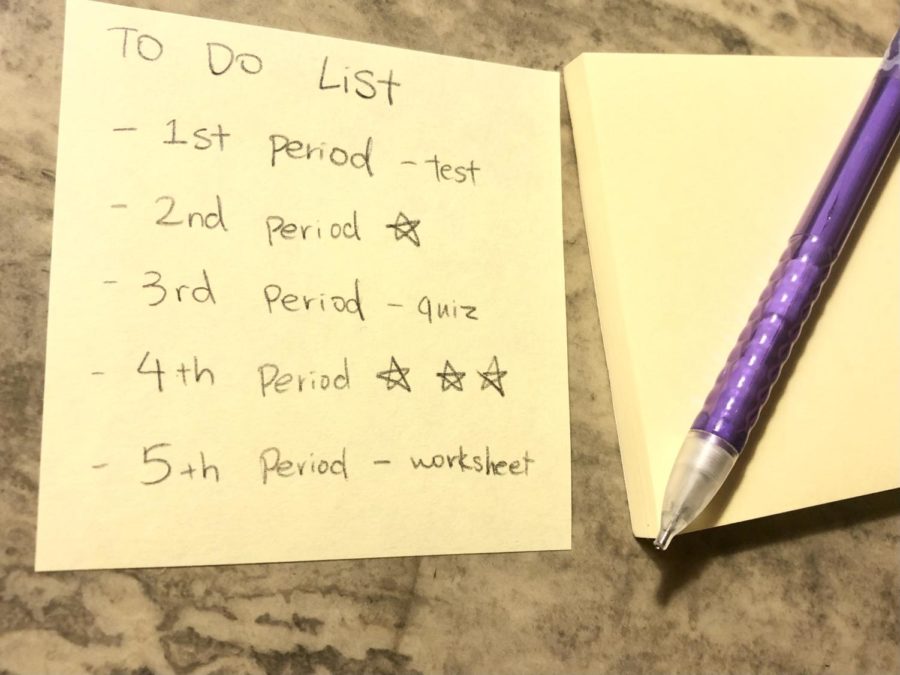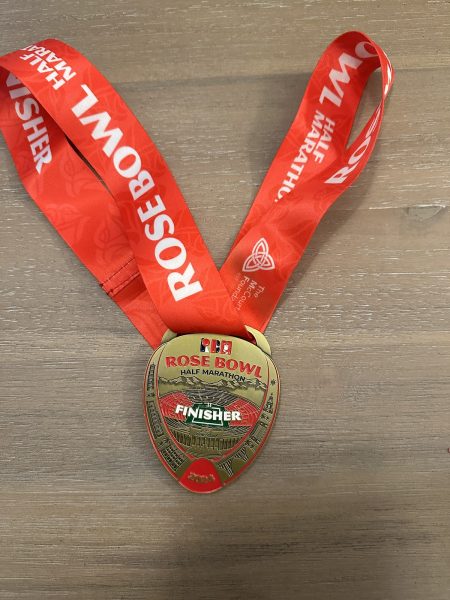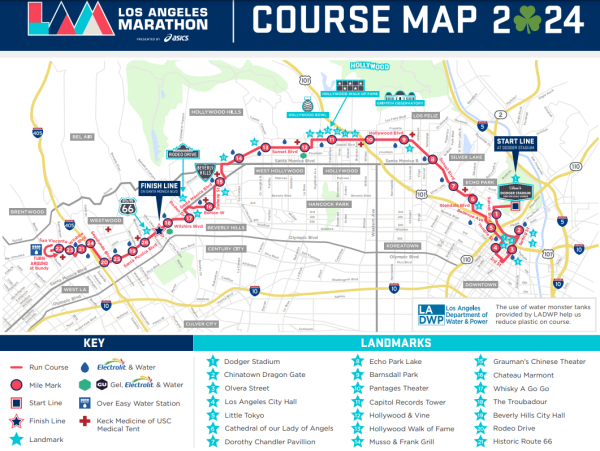How to Plan Your Years in High School
“We first make our habits, and then our habits make us” —John Dryden
June 1, 2023
High school is a crucial period in a person’s life; it lays the foundation for a person’s future endeavors, and it’s where you enjoy the most dynamic years of life. Planning your years in high school does not only contribute to the successful development of your future, it also can give you a sense of control over your life and enrich the most precious years of your youth.
When starting to plan, people usually like to establish a perfect plan at the beginning. But it usually goes from “what should I do?” to “I will do it later when I have time” and people never finish it. Setting clear goals for yourself is the right path, but you still need effective strategies to keep it moving. Here are some essential steps to help you plan your years in high school effectively.
While reading this article, try to come up with whatever classes you plan to take and record it on paper or an electronic device. This can give you a look at what your classes will be in the future, and you can always make changes when you decide to do something else.
First and foremost, pull out a piece of paper or any electronic devices to record your decisions, which will help you better understand your plan. Check your school’s requirements to graduate high school. In this case, the Yorba Linda High School’s graduation requirements are three years of history, four years of language arts, two years of mathematics, two years of science, one year of art, two years of physical education, one year of health/academic planning, 80 credits of electives, and 40 hours of community service hours (for the graduating class from 2025 to 2027).
In addition to that, you can consider the classes you are interested in based on the college allotment requirements. Look detailly at the small words on course sheets that may help you to understand the certain signs that are shown on the sheet. If you are uncertain or debating which class you should choose, think about the advantages and disadvantages of these classes: which class will benefit you more? By identifying your aspirations and interests, reflect on what you hope to achieve academically, in extracurriculars, and personally during your high school years. You can prioritize your efforts and focus on the things that really matter to you.
Something to be cautious about is that some students enroll in all the courses, activities, and programs for academics and extracurriculars in various fields because they want to build a strong college resume. This will make them busy 24/7 and it will show how they are working hard towards goals, but remember that colleges are looking for what makes you unique, not that you are a perfect person. Show them your passion about something and that you have made progress towards your goals such as joining a club or organization that aligns with your passion: this progress can stand out more than enrolling in all the courses that the college may like.
Nonetheless, if you are not sure about your decisions, speak to your parents, counselor, and upperclassmen. “It’s great to ask upperclassmen about their experience in certain classes. Whether that is about the teacher’s teaching style, the best way to study, or the overall structure of the class!” They have gone through this process and can help you to the best of their abilities: tell them about your plan and your thoughts, ask them what they did when they were facing these circumstances, and use their answers to contribute to your plan.
Anita Tun (12).
It’s great to ask upperclassmen about their experience in certain classes. Whether that is about the teacher’s teaching style, the best way to study, or the overall structure of the class!
— Anita Tun (12)
Furthermore, create realistic steps towards your plan. Many students have extracurricular commitments which require a lot of time and energy. Kaylee a senior, advised that she “made sure to prioritize school and sports by not procrastinating and planning out what needed to be done by what date” Kaylee Freeman (12). A well-structured schedule will not only help you manage your time efficiently, but it also can reduce stress and maintain a healthy work-life balance.
Moreover, one of the skills most upperclassmen emphasize is “being able to focus and keep your mind occupied with your work” Dylan Sharlein (12). Many hardworking students like to make everything perfect, and sometimes it results in turning it in late, focusing on the wrong detail, and so on. As an old saying says, “done is better than perfect.”
Take advantage of the diverse opportunities available in high school and online. You can explore varieties of activities that you can join. Some educational organizations offer free Zoom meetings every week talking about the four years of high school and also invite many professors and top college admissions to speak. Some clubs, sports teams, community service programs, and other extracurricular activities are also engaging students to join the activities. These outside school activities can enhance your skills and experience, and also provide opportunities for personal growth, leadership development, and networking. Be mindful of not overcommitting, as balancing your academic workload and extracurricular activities is essential for overall success.
High school is a time for growth and self-discovery, and your interests and goals may evolve along the way. Reflect on your progress, identify areas for improvement, and adapt your plans accordingly. Remain open to new opportunities and experiences that may arise throughout your high school years. There are too many opportunities available to you By doing the planning early, you can access those opportunities with less stress. I hope your high school years will be successful and full of memories; YLHS teachers and staff are always supporting and collaborating with students who need it.






















